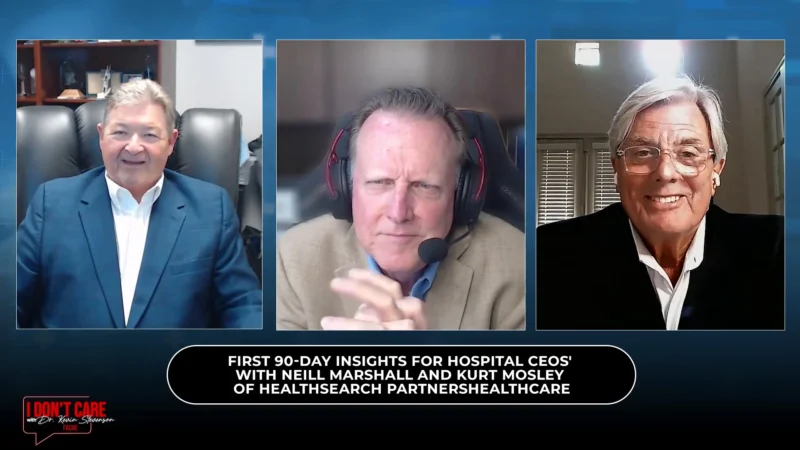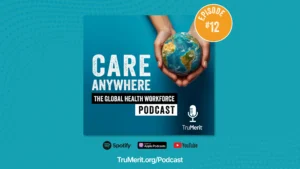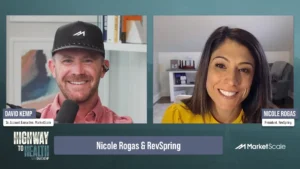Owning the Future of Healthcare: How Health Catalyst Drives Better Population Health Through Data
Population health may seem like a marathon, but it is immensely beneficial for patient outcomes. Jonas Varnum, Vice President of Population Health Strategic Services at Health Catalyst, joined Host Hilary Kennedy to discuss how to implement population health.
The goal of population health is to create a better system with less waste. Currently, there are one trillion dollars in suboptimal care, which could be improved by 35 to 50 percent. Varied insurance models, such as commercial, Medicare, Medicaid, and others, provide a challenge in the different revenue they generate. Varnum explained, “The only real way to successfully deliver care is to have a scalable, systematic method of how you do population health across different patient populations.”
Implementation of population health means a system must answer innumerable use cases rapidly. They need to know how impactful certain patient populations are and ensure they are benchmarked appropriately. This includes examining whether utilization rates of certain services, such as emergency services and telehealth, are appropriate. Population health includes understanding patient population equity. Are patients receiving the right care at the right place and time?
Varnum explained how data is transferred to interventions such as care management, direct patient engagement, and quality measures. Health Catalyst embeds over 250 measures directly into the EHR. Clinicians can easily access them to meet specific criteria of the measures. This decreases administrative work and burnout.
Varnum’s take? “At the end of the day, what you really need to make sure that you’re doing, is understanding that after you worked that patient population, did it create outcomes?” He added, “The reality though is that if you actually have a systematic structure, then that marathon is a lot easier.”
Visit healthcatalyst.com for case studies and more information on population health or subscribe to the Owning the Future of Healthcare podcast.









